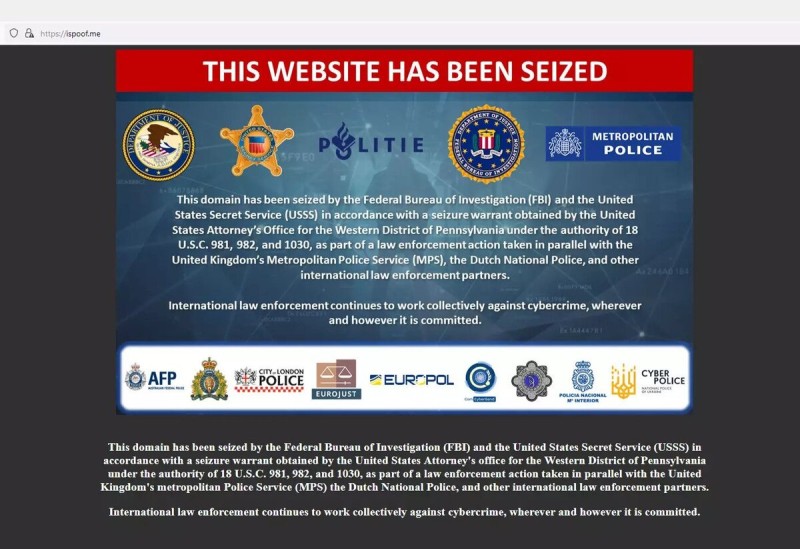In an operation that spanned three continents, police took down a website that gave fraudsters the ability to impersonate trusted corporations or contacts in order to access their intended victims’ personal information and ultimately steal their money.
“Spoofing” is a type of internet crime in which criminals pose as legitimate, trusted entities such as banks or well-known internet businesses like Amazon or Paypal to convince victims to hand over valuable personal information such as passwords, credit cards or bank information.
Fraudsters can ‘spoof’ their targets through a variety of methods, including emails, calls, or recorded messages. The pay-for-service website allowed its users to anonymously impersonate banks, retail companies, and government institutions.
For cybercriminals, the site appears to have been a wise investment; Europol reports that, in a 16-month timeframe, the site took in €3.7 million ($3.8 million) in fees while helping its customers to make off with more than 30 times that amount worldwide.
“As cybercrime knows no borders, effective judicial cooperation across jurisdictions is key in bringing its perpetrators to court,” Eurojust President Ladislav Hamran said.
The operation began more than a year ago with a request for cooperation to Eurojust from UK law enforcement that eventually grew to the 10 countries. British authorities located the main administrator on Nov. 6, while American and Ukrainian authorities took the servers down two days later.
Law enforcement cybercrime agencies involved in the case included: the Royal Canadian Mounted Police’s Federal Policing Cybercrime Investigation Team, the German Bundeskriminalamt’s Cybercrime Division, and the Ukrainian national police’s Department of Cyber Police.
Europol’s European Cybercrime Centre provided intelligence to investigators through its Joint Cybercrime Action Taskforce, a task force designed to coordinate law enforcement against all manner of cybercrime threats.
Site users identified by the criminal intelligence agency were similarly linked to other high-profile cybercrime investigations at the European level, Europol said.



